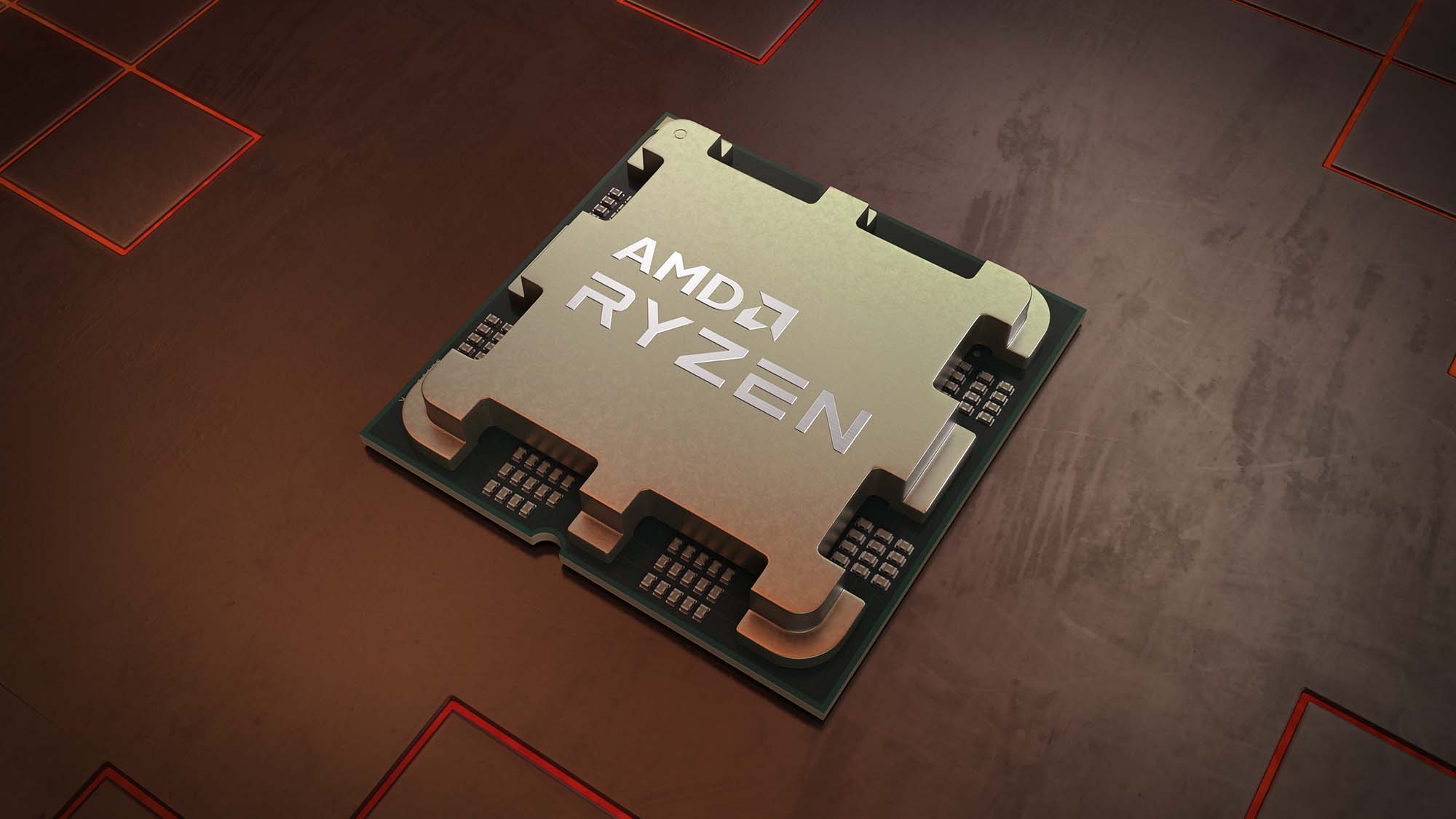AMD’s Zen 5 Strix Point laptop chips could be delayed – especially the most powerful APUs
Strix Point Halo mobile processors might be pushed back to 2025

AMD’s next-gen Strix Point laptop chips might be delayed if the latest chatter on these incoming Zen 5 processors bears out.
Moore’s Law is Dead (MLID) on YouTube has come into possession of a leaked slide purportedly from AMD (as provided by a source, but manipulated to protect that person’s identity).
It shows a new laptop roadmap for AMD’s incoming chips, and the disappointing news is that some Zen 5 mobile silicon has been pushed back – albeit only slightly (though the very top processors are further delayed).
Add salt appropriately with all this, naturally, but the contention is that Strix Point – which is Zen 5 CPU cores plus RDNA 3 refresh graphics cores (known as RDNA 3.5) – is now set to release late in the summer of 2024. (Presumably August, then, though no firm date is mentioned, and it’s obviously too far away to be sure about the exact month, anyway).
Previously, those Strix Point chips (the successor to current Phoenix APUs) were expected to debut in early summer, or around the middle of the year, so this is only a slight slide of a month or two maybe.
The bigger worry is that Strix Point Halo, the top-end chips here (that AMD calls the ‘elite’ level as opposed to ‘premium’) has reportedly been pushed back to 2025 (from the second half of 2024).
Those APUs are expected to really push Zen 5 mobile, offering a flagship with 16 cores where Strix Point is rumored to top out at 12 cores. Strix Point Halo is also set to offer a hefty 40 graphics cores to boot, meaning integrated graphics performance should truly fly (compared to 16 graphics cores for Strix Point if previous rumors are right – this spec isn’t actually provided on the new leaked slide, though).
Get daily insight, inspiration and deals in your inbox
Sign up for breaking news, reviews, opinion, top tech deals, and more.
If you want to check out the slide yourself, it pops up at 5:20 in the below video clip, with MLID’s theories and discussion around the apparent delays following.
Analysis: Some hopes dashed – but nothing too disappointing
It is somewhat disappointing to hear that the beefiest Strix Point processors (Halo), the ones that could massively supercharge some of the best thin-and-light gaming laptops, won’t arrive until 2025, as that really is a backward leap for theoretical availability.
Still, the good news is that vanilla Strix Point offerings – which are still seriously promising, let’s make no bones about that – have only slid slightly as noted. However, this does dash some hopes that Strix Point might be out earlier in 2024 than expected, maybe hitting late Q1 or early Q2. Those hopes and rumors seem to be squashed by this leak.
Don’t forget, though, that in more affordable territory, AMD also has Hawk Point mobile chips inbound. These feature up to 8 cores and sit just below Strix Point (still in ‘premium’ processor territory), with straight RDNA 3 graphics (rather than RDNA 3.5), and crucially, they stick with a Zen 4 architecture (basically Hawk Point is a Phoenix refresh).
MLID also points out Hawk Point now has beefed up AI processing capabilities, and that AMD is focusing more on pushing AI performance with all these laptop chips, from Strix Point Halo downwards.
Given the direction that Intel is going in with Meteor Lake, and the way AI has exploded in recent times, this certainly makes sense. MLID has also heard whispers about Microsoft potentially stipulating AI performance levels for CPUs in Windows 11, in order to ensure the best Copilot experience. That’d be an interesting development, and again, it wouldn’t be a huge surprise. Microsoft is putting a lot of eggs in the Copilot AI basket, after all.
You might also like
Darren is a freelancer writing news and features for TechRadar (and occasionally T3) across a broad range of computing topics including CPUs, GPUs, various other hardware, VPNs, antivirus and more. He has written about tech for the best part of three decades, and writes books in his spare time (his debut novel - 'I Know What You Did Last Supper' - was published by Hachette UK in 2013).